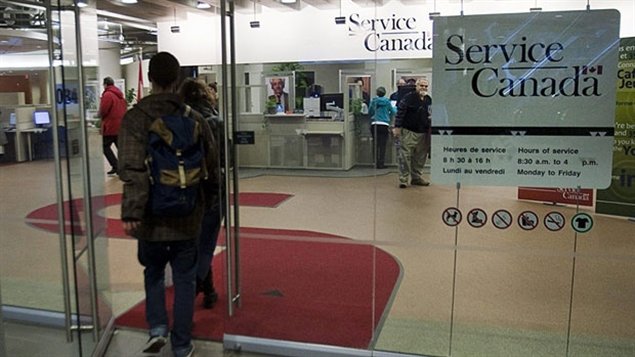Many Canadians take steps to prevent fraud and identity theft, but such scams are nonetheless widespread, according to a new survey. March is Fraud Prevention Month and the Chartered Professional Accountants of Canada (CPA Canada) commissioned a survey to get the facts on fraud.

Canadians fight back
Almost one-third of respondents reported being the victims of some form of financial fraud and 43 per cent know someone who has been a victim of fraud. “Our survey says that Canadians are quite concerned about fraud and identity theft and they are fighting back by protecting themselves and their families,” says Nicholas Cheung, director of services at CPA Canada.
Among their strategies; many Canadians shred their banking and credit card statements, many are very uncomfortable giving out personal or financial information through email or on the phone, 59 per cent said they always cover the keypad when entering their Personal Information Number (PIN) at a retailer or bank machine, many are also careful with the websites they use.
‘Protect your SIN number’
Surprisingly, one in 10 Canadians wrongly believe it is okay to use their Social Insurance Number as identification, according to the poll. In fact, this SIN number is only to be used by employers to report taxable information and by financial institutions like banks and government. Cheung says Canadians should not carry their SIN cards with them and he notes the government has stopped issuing the cards, partly to prevent fraud.
‘Check credit reports’
Only one-quarter of those surveyed said they checked their credit reports. Cheung says it is important to verify these regularly to look for suspicious inquiries and to make sure they are accurate.
“We encourage everyone to remain vigilant with their personal information,” says Cheung. “Monitor your information for any possible signs of fraudulent activity, and if you are a victim, or believe you are a victim, don’t be afraid to take action.”
If you suffer a loss through fraud, he adds, it is important to contact the financial institution involved. Cheung says it is also important to contact the police, and he highly recommends reaching out to the Canadian Anti-Fraud Centre, which is operated by the national police, police in the province of Ontario and the Competition Bureau Canada.







For reasons beyond our control, and for an undetermined period of time, our comment section is now closed. However, our social networks remain open to your contributions.